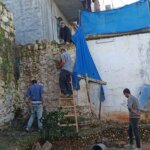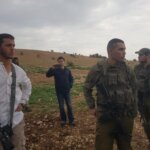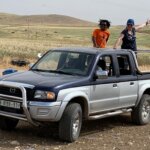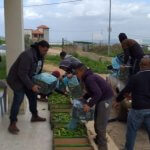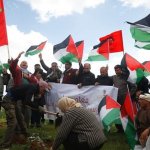Fifth annual women’s conference held in the Jordan Valley
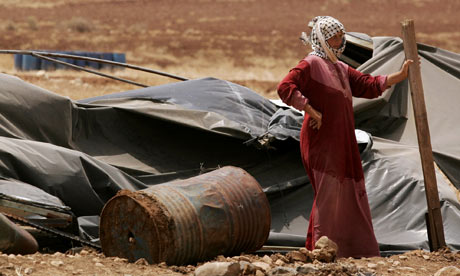
On 3rd March 2015, Jordan Valley Solidarity, in partnership with the Centre for Freedom and Justice, held the fifth annual Woman’s Conference in the North of the Jordan Valley. The event was held in Mak-hul which is next to Al Hadidiya, under threat of demolition.
The conference began with speeches from many in the resistance movement in Palestine, including a representative of the governor of Tubas, Salah al Khawaja from Stop the Wall, Muna Amar from the Centre for Freedom and Justice, and Ipji Sam from the popular resistance in Ramallah.
Speeches were also made by Narimam Tamimi from Nabi Saleh, Malake Nasir from the Khutwat family counselling centre, Neda Foca from Analbeda and the Jordan Valley Movement, and Rashed Khudairy from Jordan Valley Solidarity. Each speaker discussed resistance strategies in different areas in Palestine, ideas for building resistance, and shared stories about their particular cases. After the speeches, there was a dabke performance. The participants then had two open discussions about how can women can become more active, and how we can create a women’s movement that is independent from any political party. Much emphasis was put on the fact that the the Jordan Valley is a strategic area for the Israeli occupation, and how people need to reach out to the women in the Jordan Valley. It was noted that women are particularly vulnerable to the occupation in the area, as occupation practices that deprive them of water, ie prohibiting them from using their own lands water and confiscating water they buy from Israeli companies because they cannot have it in Area C, destroy their livelihoods as homemakers and farmers.
Following the discussions participants broke for a delicious lunch prepared by four women from the Jordan Valley (for 200 people!). During lunch, women from the Jordan Valley sold many of the products they make, such as purses, traditional foods, honey, debis and traditional clothes.
After lunch participants had a special performance by Ashtar theatre which focussed on issues in the Jordan Valley. In the play they showed how farmers in the Jordan Valley compete with Israeli farmers who can sell their products for cheaper prices, they discussed how Palestinians are not allowed to use water in the Jordan Valley and how this destroys the Palestinians’ livehoods. The Jordan Valley Movement’s role was much discussed – how they help community members to resist the occupation by helping them build structures with their international volunteers. The audience were asked to join the play and give their ideas for how they would fix each situation. This is important because it provides ideas for how people of the Jordan Valley can pressure the Palestinian authority and the NGOs to help solve their problems and support communities in their resistance and land protection.
Overall, the conference was successful. Participants decided to have a meeting with all the head women coordinators from Palestine to plan how they can work all together going forward.

